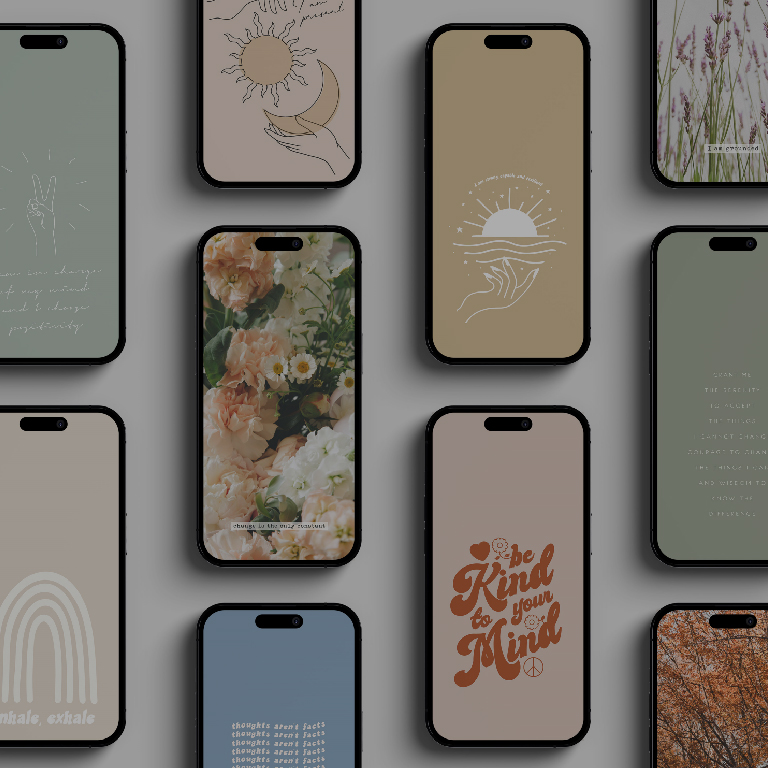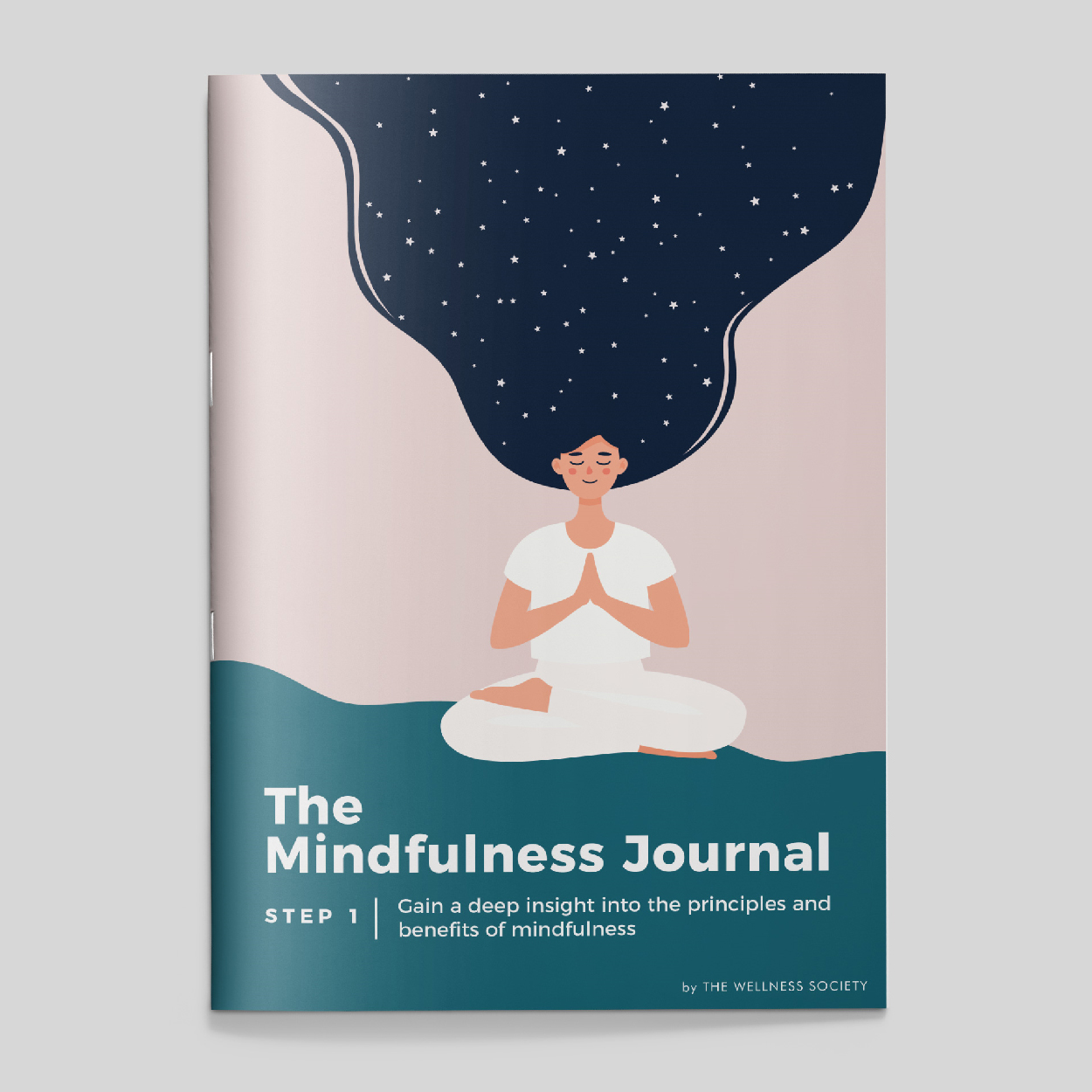What Is Anxiety?
Anxiety is unsettling and an emotional response to fear. It tells us we need to find certainty, reassurance and be able to predict an outcome to feel safe. Anxiety feels overbearing, overwhelming, and noisy. It tends to focus on worst-case scenarios and negative outcomes.
Anxiety as a Response to Uncertainty
Anxiety frequently arises in situations where there’s uncertainty. When we lack information about a particular outcome, it can create a sense of unease and vulnerability.
Uncertainty is often experienced as intolerable because it triggers a fundamental human need for predictability and control.
In the early stages of human existence, having some level of predictability and control over our environment was critical for survival. Knowing where to find food, how to protect oneself from threats, and when to seek shelter were essential skills for our ancestors.
This need for predictability and control continues to shape our psychology today. When we're faced with uncertainty, it activates a primal sense of unease because it threatens our ability to navigate the world effectively.
Anxiety as Protection
Anxiety arises to keep us safe from potential hurt.
Anxiety comes up with fear and indicates that something is off – it’s a signal that you need to use a coping skill or set a boundary.
Whenever April talks to her mom on the phone, she feels anxious about the trajectory of her life.
Her mom wants her to leave her job for a higher paying one, get married, and have kids. After phone calls with her mom, April is constantly worrying about not having enough money in the future, or whether she’ll meet someone she wants to marry. She feels lonely and anxious around the decision as to whether she even wants to have kids.
In this scenario, April could use the following coping skills: breathing or grounding exercises, calling a friend, or going for a walk or jog.
In terms of setting boundaries, she could let her mom know that she doesn’t want to have these kinds of conversations with her because of how they affect her, and that she’ll have to end the call if these topics come up.
What Is Intuition?
Intuition reveals clarity that brings us closer to our goals and feels aligned with our value system.
It produces less fear and more assuredness, even if uncertainty or the unknowns are present.
Intuition doesn’t lead to the same rumination or questioning that anxiety does, and will feel more like a knowing.
It often comes without much explanation or reasoning. It's the times we say, “I just knew this was right for me,” or “I felt off about this person.”
It could be leaving a job, relationship or environment because it doesn’t feel right, even though there may not necessarily be anything wrong.
Anxiety vs. Intuition: What’s the Difference?
If you feel consistently anxious, it can be hard to know if you’re experiencing anxiety or intuition.
Here's a breakdown of the key differences between anxiety and intuition:
Anxiety
- Emotional state. Anxiety is characterized by feelings of fear, worry and unease.
- Bodily symptoms. Anxiety can manifest with physical symptoms, such as increased heart rate, sweating, muscle tension, and restlessness.
- Negative focus. Anxiety tends to revolve around negative thoughts. It often fixates on potential threats, dangers, or negative outcomes.
- Rumination. Anxiety often leads to repetitive and circular thinking, going over the same concerns and fears.
Intuition
- Subconscious insight. Intuition is a subconscious process that provides a rapid sense of understanding or insight – it's often experienced as a "gut feeling".
- Quick and confident. Intuitive insights tend to be quick, and people often feel a high degree of certainty about them, even if they can't immediately explain the reasoning behind their intuition.
- Neutral or positive. Intuition doesn't necessarily involve negative emotions. It can offer insights about a wide range of situations, including positive ones.
- Tied to knowledge and experience. Intuition is often based on implicit knowledge and past experiences. It draws on what we’ve learned over time, even when that knowledge isn't consciously accessible.
Questions to Ask Yourself
What is the possible outcome you’re fearing? If you’re anxious about your partner leaving, what if they do? What would happen? Continuing to follow this line of questioning will unveil some of the underlying fear and what you’re trying to avoid feeling.
Ask yourself:
- Are you looking to regulate, escape your thoughts, or lower the noise inside your mind about something that hasn’t happened yet? Have you been ruminating? Questioning and creating narratives about the "what ifs"? This is likely anxiety.
- Are you grounded in a sense of knowing what is right for you? Do you feel less scared, and less noise? Is this feeling aligned with your previous experiences and knowledge? This is likely intuition.
Example of Assessing Anxiety vs Intuition
Sarah has been in a committed relationship with her boyfriend, Chris, for two years. Lately, she's beginning to doubting Chris's faithfulness. She's uncertain whether her anxious thoughts are creating unfounded suspicions or if her intuition is genuinely sensing something wrong.
Anxiety
Sarah frequently experiences anxiety regarding her relationship with Chris. She finds herself ruminating about his interactions with other people, especially female friends or colleagues. These anxious thoughts often lead to changes in mood, sleepless nights, and arguments with Chris.
Intuition
Despite her anxiety, Sarah occasionally has intuitive moments that raise concern. She's noticed changes in his behaviour, such as him having unexplained absences and being a lot more on his phone than usual.
These intuitive insights leave her with a sense of unease, even though she lacks concrete evidence of Chris's infidelity. She feels her gut might be trying to tell her something.
Outcome
Sarah decides to address her relationship concerns by using self-help tools to manage her anxiety. At the same time, she initiates an open and honest conversation with Chris about her feelings and concerns. She shares her fears and the reasons behind her doubts.
Over time, through self-help and better communication with Chris, Sarah learns to differentiate between her anxiety-driven suspicions and legitimate intuitive insights.
She uses an array of coping skills regularly, and the constant worrying and emotional distress start to subside. She realizes that some of her worries were unfounded, stemming from anxiety, while others were based on subtle changes in Chris's behavior.
While there were moments of insecurity, the couple's commitment to working on their relationship ultimately prevailed, and Sarah's sense of doubt and anxiety evolved into a stronger sense of trust and confidence in their relationship.
Summary
It's not always easy to make a clear distinction between anxiety and intuition. We hope this article has helped you understand more about the key differences, and how you can approach discerning them.
Anxiety and intuition can both evoke strong emotional responses, making it challenging to separate them. Anxiety is often associated with fear, worry, and unease, while intuition can trigger feelings of certainty, urgency, or conviction. The emotional intensity can sometimes blur the lines between the two.
Remember, talking through your thoughts and feelings with someone you trust can also provide a helpful external perspective.
A Toolkit to Help You Reduce Anxiety
Research shows that self-help materials are often enough for people to overcome mild to moderate mental health difficulties without professional support.
Our self-guided program includes tools from CBT, DBT, ACT and more, so you can discover what works best for you. Check out The Mental Wellbeing Toolkit today – it's "like 10 therapy sessions in one."




